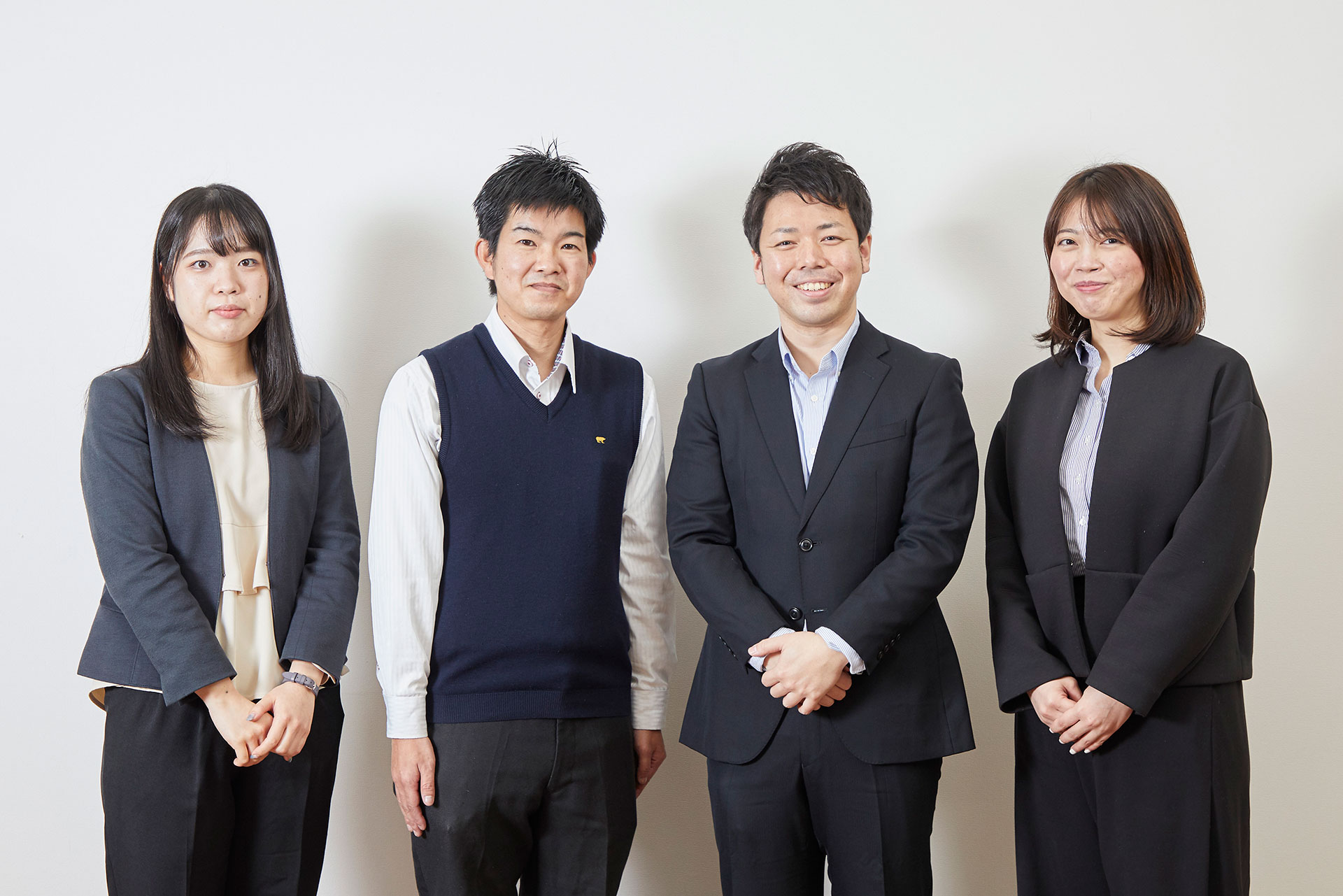This way up: chip boom again
The global pandemic has done little to slow down the latest semiconductor boom. Home working, home schooling, and efforts to automate are boosting demand for the microchips used in devices, sensors, and servers. Despite the worst global recession since the second world war, top chipmakers are posting record profits. According to WSTS, the industry is forecast to grow by 5.1 percent to USD 433 billion in 2020, with the growth rate jumping to 8.4 in 2021.
As ever broader swathes of applications from automated driving and manufacturing, quantum computing, to 5G communications require more and newer chips, trade volumes will continue to surge. Integrated circuits look likely to soon surpass oil and cars as the most traded product in the world. The upside appears unlimited for chipmaking.
Handle with care: challenges of semiconductor logistics

But the annual production of more than a trillion semiconductors requires logistics solutions as integrated and precise as the microchip circuits themselves. Raw materials and manufacturing tools used for semiconductors need to crisscross continents. Parts and half-finished chips must be shipped from factory to factory until final assembly, going through numerous stages of unpacking, assembly, and repacking.
Throughout, extreme care must be taken in handling the packages. Semiconductor wafers are super-sensitive to temperature, humidity, shock and vibrations, static electricity, and dust. Moreover, the product is highly valuable. A single 10kg box of wafers may be worth a million USD – and thus prone to theft and counterfeiting.

A&A’s Top 25 Global Freight Forwarders List
Ranked by 2019 Logistics Gross Revenue/Turnover
and Freight Forwarding Volumes*

*Revenues and volumes are company reported or Armstrong & Associates, Inc.
estimates. Revenues have been converted to US$ using the average annual exchange rate in order to make
non-currency related growth comparisons. Freight forwarders are ranked using a combined overall average
based on their individual rankings for gross revenue, ocean TEUs and air metric tons.
**Includes
LCL shipments.
(updated July 23, 2020)
Use statement: All Rights Reserved. No part of this
information may be reproduced, stored in a retrieval system or transmitted in any form by any means,
electronic, mechanical, photocopying, recording or otherwise, without the prior permission of the
publisher, Armstrong & Associates, Inc. Where permission for use is given, Armstrong & Associates, Inc.
must be predominantly displayed as the source for the research and must be referenced in any
accompanying text discussion referencing this information.
Few logistic companies have the capability to provide reliable, safe and secure handling over an integrated global network to service the world’s top global chip makers. Nippon Express, Asia’s largest and among the largest global transporters in the world, is one of them.
In 2013, the Japan-based forwarder invested in NEC Logistics from NEC, Japan’s long-time semiconductor leader. Since then, Nippon Express has built up its expertise and assets to better service the rapidly changing industry. Recent years has seen its global presence expand, with leading US chip makers now counting among its customers. It is now eyeing to establish a global one-stop network for the industry.
“Our goal is to provide semiconductor logistics solutions which connect various players and layers in the supply chain, thereby improving quality, safety, and security,” says Ryuji Goya, Executive Officer for Nippon Express.
“We will achieve this by combining Nippon Express Group’s global assets and multiple transport modes with Nittsu NEC Logistics’ expertise. This includes staff skilled in all stages of the semiconductor supply chain and high-quality warehouse operations.”
The company lists semiconductor logistics as one of its five key growth areas and aims to double sales in the sector by 2023.
“As we aim to generate over half of our group sales overseas, engaging with the high-growth, global semiconductor industry is vital,” says Mr. Goya.
The plan is to first target and perfect the production phases of Japanese semiconductor makers domestically, then later adapt that to Asian markets. At the same time, Nippon Express will focus on air forwarding for semiconductor manufacturing equipment, materials, half-finished products, and maintenance items to service overseas markets, particularly the growing US and European ones.
“We believe we can differentiate ourselves from other global integrators. First through our unique knowledge in semiconductor logistics gained from years of servicing Japanese companies. And second from our capabilities to deliver across the supply chain,” says Mr. Goya, “We have particular strengths in handling and storing semiconductor materials, manufacturing equipment, as well as storing and delivering maintenance parts.”
Forward after storage: Nippon Express’ capabilities
 Ryuji Goya,
Ryuji Goya,Executive Officer
Business Development Division, Customer Service center,
Marketing Strategy Division, Sales Strategy Division
NIPPON EXPRESS CO., LTD.
Consider the warehouse Nippon Express has built outside of one of Japan’s largest semiconductor plants in Yokkaichi, Mie Prefecture (see photos and description). The warehouse boasts 24-hour service, minute-by-minute just-in-time delivery capacity as well as renting out space to equipment manufacturers so engineers can rush to the factory with maintenance parts. Efficiencies and know-how, including thorough inspection processes for items as small as several millimetres, which are acquired here will be replicated in other warehouse facilities planned elsewhere by the company. Such warehousing is increasingly vital for chipmakers seeking to reduce in-factory stock to improve efficiencies, explains Mr. Goya.
Another advantage for Nippon Express is its deep ties to Japanese semiconductor tool makers and raw material suppliers. Although Japanese chip makers have fallen behind in global rankings to South Korean and Taiwanese rivals, Japanese firms remain top players in machines and raw materials such as silicon wafers, photo resists, and various chemicals used in chipmaking.
The Japanese forwarder has been providing logistics solutions for Japanese companies which supply nearly a third of the global market of semiconductor manufacturing equipment. Through these relationships, Nippon Express has developed its own specialized tools and methods to transport and set up such machinery in the highly challenging environment of clean rooms in chip foundries.
“We are continually evolving our expertise, for example by building a clean room train staff in setting up the equipment,” says Mr. Goya. “With our unique capabilities we hope to become the world’s top runner in providing logistics to, and act as an irreplaceable partner for, semiconductor equipment makers.”
Looking forward, Japanese semiconductor toolmakers also find themselves with potentially new demand from two recent developments. First, restrictions on exports of US-manufactured chips to China may mean global manufacturers will need to purchase Japanese equipment if they wish to continue supplying the world’s largest market. The other is the surge for demand in equipment and materials used for EUV (“extreme ultraviolet lithography”) lithography, the new-generation manufacturing process needed for the most advanced chips such as those used in 5G smartphones. Currently, Japanese companies dominate the supply of inspection equipment and light sources as well as coater/developer tools used in the EUV process.
Top load only: a forwarder’s sense of mission
So why can the Japanese forwarder, as its motto claims, “find the way” in this exceedingly complex and demanding market?
It’s not just Nippon Express’ unique assets which span hardware (warehouses adjacent to top semiconductor factories, logistics centres next to international airports, or specialized vehicles such as air-suspension trucks), software (a global inventory control and tracking system) and human-ware (some 720 staff trained for semiconductor-related sales and transport).
It’s also a sense of mission, explains Mr. Goya.
“Semiconductors continue to be one of the key pillars supporting the growth of our nation since the end of the cold-war, so much so that we refer to it as the ‘rice of industry’ in Japan – or, as I now like to call it, the ‘bread’ of global industry ,” he says. “As the role of semiconductors in the world economy continues to expand, Nippon Express has a mission to provide safe, reliable, quality-guaranteed forwarding of this crucial product.”

By eventually creating a one-stop global logistics solution, the company hopes to optimize supply chains for the myriad manufacturers, suppliers, and customers in the semiconductor industry. For example, an end-to-end traceability solution is expected to reduce counterfeits that are said to be worth JPY800bn or some 2 per cent of the global market. Using its proprietary traceability system involving blockchain and IoT technology, Nippon Express is building a similar system to fight counterfeits and ensure quality control for pharmaceutical logistics.
“I believe the needs for quality, safety and traceability in the pharma market are very similar to those of the chip industry.” says Mr. Goya.
From our physical health to the digital economy and beyond, Nippon Express is leading the transformation of the global supply chain. That’s an ambitious package but delivering is the company’s business. And the arrows on the label say: “This way up”!












